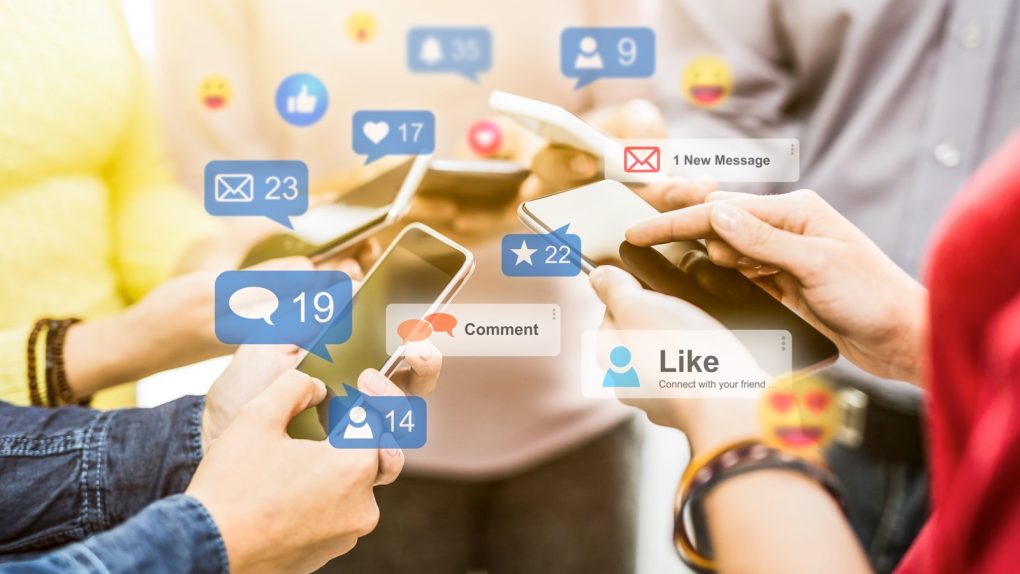- Facebook announced on Monday that it would ban vaccine misinformation from its platforms, after years of allowing false vaccine-related claims to spread on social media.
- The move targets coronavirus vaccine-related claims and could help spread genuine information about the ongoing COVID-19 vaccination campaigns.
- Facebook will also ban general vaccine-related claims that are untrue, such as posts and pages saying that “vaccines are toxic, dangerous or cause autism.”
Facebook has been a source of harmful content for years, and the company has yet to find a way to address the matter perfectly. But Facebook is, at least, trying to do it. Policing user-generated content on social media seems an almost impossible task. But it should still be a priority in a world where it’s been proven that foreign actors with malicious intentions would take advantage of social media features, especially Facebook’s, to manipulate people.
The novel coronavirus pandemic sparked a massive wave of fake news that went viral on social media, Facebook’s apps included. The company has taken steps to limit the spread of misleading COVID-19 content last year, although it wasn’t decisive action that would deter people from propagating conspiracy theories and false news about the pandemic. Facebook now announced that it’s taking a firmer stance against misinformation about vaccines, some two months later than it should have done it. Better late than never.
COVID-19 vaccination campaigns started in the UK, US, and Europe in mid-to-late December. The biggest obstacles to having as many people vaccinated are the inadequate supply and the anti-vaccine sentiment that’s been growing in the second half of 2020. Facebook’s social channels played a part in spreading misinformation about vaccines in general and COVID-19 vaccine candidates in particular.
Facebook on Monday announced that it is finally ready to ban misinformation about vaccines. Any content promoting false claims about vaccines will no longer appear on Facebook. Here are some examples from Facebook’s post:
- COVID-19 is man-made or manufactured
- Vaccines are not effective at preventing the disease they are meant to protect against
- It’s safer to get the disease than to get the vaccine
- Vaccines are toxic, dangerous or cause autism
While the ban might target COVID-related claims, it seems that posts offering generic misleading claims about vaccines, in general, will also be impacted, as seen in the list of examples above.
Many similar examples are available at this link. Moreover, these claims are prohibited in ads. Stopping the spread of false information about vaccines at a time when it’s critical for the population to get access to accurate data from authoritative sources is the kind of action that could help more people receive correct information about vaccination efforts and vaccine candidates.
Facebook says it will start enforcing the new ban on false vaccine information immediately, focusing on Pages, groups, and accounts that violate these rules. “Groups, Pages, and accounts on Facebook and Instagram that repeatedly share these debunked claims may be removed altogether,” Facebook explains.
Facebook will also promote “relevant, authoritative results and provide third-party resources to connect people to expert information about vaccines” within its Search results on its platforms. On Instagram, Facebook will make it harder for people to find accounts that discourage people from getting vaccinated.
Facebook is taking things to a whole new level with the new ban on vaccine misinformation. As The Guardian reports, Facebook started adding COVID-19 facts to posts spreading coronavirus misinformation in April 2020. And it made misinformation about vaccines less visible on its platforms. But it never stopped showing misleading content. Facebook changed its policies in December when it started removing COVID-19 posts that public experts had already debunked.








